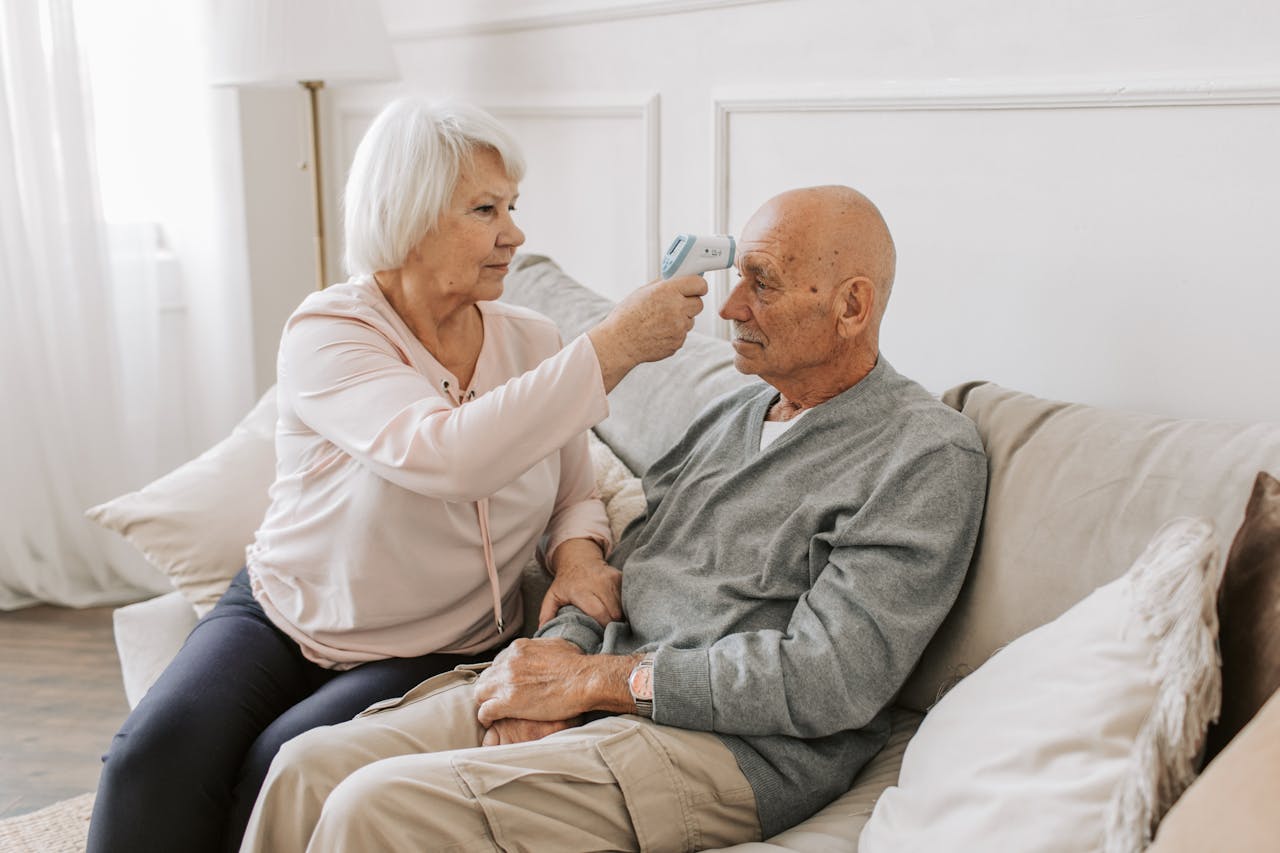
As we age, our bodies undergo natural changes that can make traditional personal care routines more challenging. Reduced mobility, balance concerns, and sensitive skin become common factors that affect daily hygiene practices. Many seniors find that products and methods they’ve used for decades no longer meet their current needs. Recognizing these changes early allows families and caregivers to adapt care routines before difficulties become overwhelming.
Mobility-Friendly Bathing Alternatives
Traditional daily showers or baths can become risky or exhausting for seniors with mobility limitations. Many elderly individuals experience fatigue, joint pain, or balance issues that make standing in a shower or getting in and out of a bathtub dangerous. Alternative cleansing methods can provide thorough hygiene maintenance while reducing physical strain and safety risks. These solutions allow seniors to maintain their independence and dignity while addressing their cleansing needs effectively.
XL Body Wipes for Comprehensive Cleansing
Extra-large body wipes offer an excellent solution for seniors who struggle with traditional bathing methods. These wipes are specifically designed to clean larger surface areas efficiently, making full-body cleansing more manageable for individuals with limited reach or mobility. The larger size means fewer wipes are needed for complete cleansing, which is particularly helpful for seniors with arthritis or grip strength issues. You can typically find these products at medical supply stores, like Aquation Care, as well as pharmacies with senior care sections, or through healthcare providers who specialize in geriatric care.
Oral Health Challenges in Aging Adults
Aging brings unique oral health concerns, including dry mouth, gum recession, medication-related dental issues, and difficulty maintaining proper brushing technique. Many seniors take medications that reduce saliva production, creating an environment where bacteria thrive more easily. Physical limitations such as arthritis or tremors can make thorough tooth brushing and flossing increasingly difficult. These factors combine to create higher risks for tooth decay, gum disease, and other oral health complications in elderly individuals.
DioxiBrite Toothpaste for Specialized Dental Care
DioxiBrite Toothpaste is formulated specifically to address the unique oral health challenges that aging adults face. This specialized dental care product contains ingredients designed to combat dry mouth effects while providing gentle yet effective cleaning for sensitive teeth and gums. The formulation of this active chlorine dioxide toothpaste considers the reduced saliva production common in seniors and works to maintain oral pH balance more effectively than standard toothpastes. You can obtain this product through dental offices that focus on geriatric dentistry, specialized pharmacies, or medical supply companies.
Skin Care Considerations for Elderly Individuals
Aging skin becomes thinner, more fragile, and prone to dryness, requiring gentler care approaches than younger skin. Many seniors develop conditions like eczema or experience increased sensitivity to harsh chemicals found in regular soaps and cleansers. Temperature regulation also becomes more difficult with age, making very hot water uncomfortable or potentially harmful to delicate skin. Understanding these changes helps in selecting appropriate products that clean effectively while protecting the skin’s natural barrier.
Adaptive Tools for Personal Care Independence
Specialized tools can help seniors maintain their personal care routines with greater ease and safety. Long-handled brushes, ergonomic grips, and shower chairs allow individuals to continue self-care tasks despite physical limitations. These adaptive devices reduce strain on joints and muscles while providing better reach and stability during personal care activities. The goal is to support independence while reducing the risk of falls or injury during routine hygiene tasks.
Creating Supportive Care Environments
The physical environment plays a crucial role in successful senior personal care routines. Adequate lighting, non-slip surfaces, grab bars, and easily accessible storage make personal care tasks safer and more manageable. Temperature control becomes increasingly important as seniors are more sensitive to extreme hot or cold conditions. A well-designed care space reduces anxiety and physical strain, making daily hygiene routines more pleasant and sustainable for aging individuals.
Adapting personal care routines for seniors requires understanding the unique challenges that come with aging and finding practical solutions that maintain dignity and independence. The key is recognizing that traditional methods may no longer be suitable and being open to alternative products and approaches that better serve changing needs. Working with healthcare providers, occupational therapists, and senior care specialists can help identify the most appropriate solutions for individual circumstances. With the right combination of specialized products, adaptive tools, and supportive environments, seniors can continue to maintain their personal hygiene effectively and comfortably.



